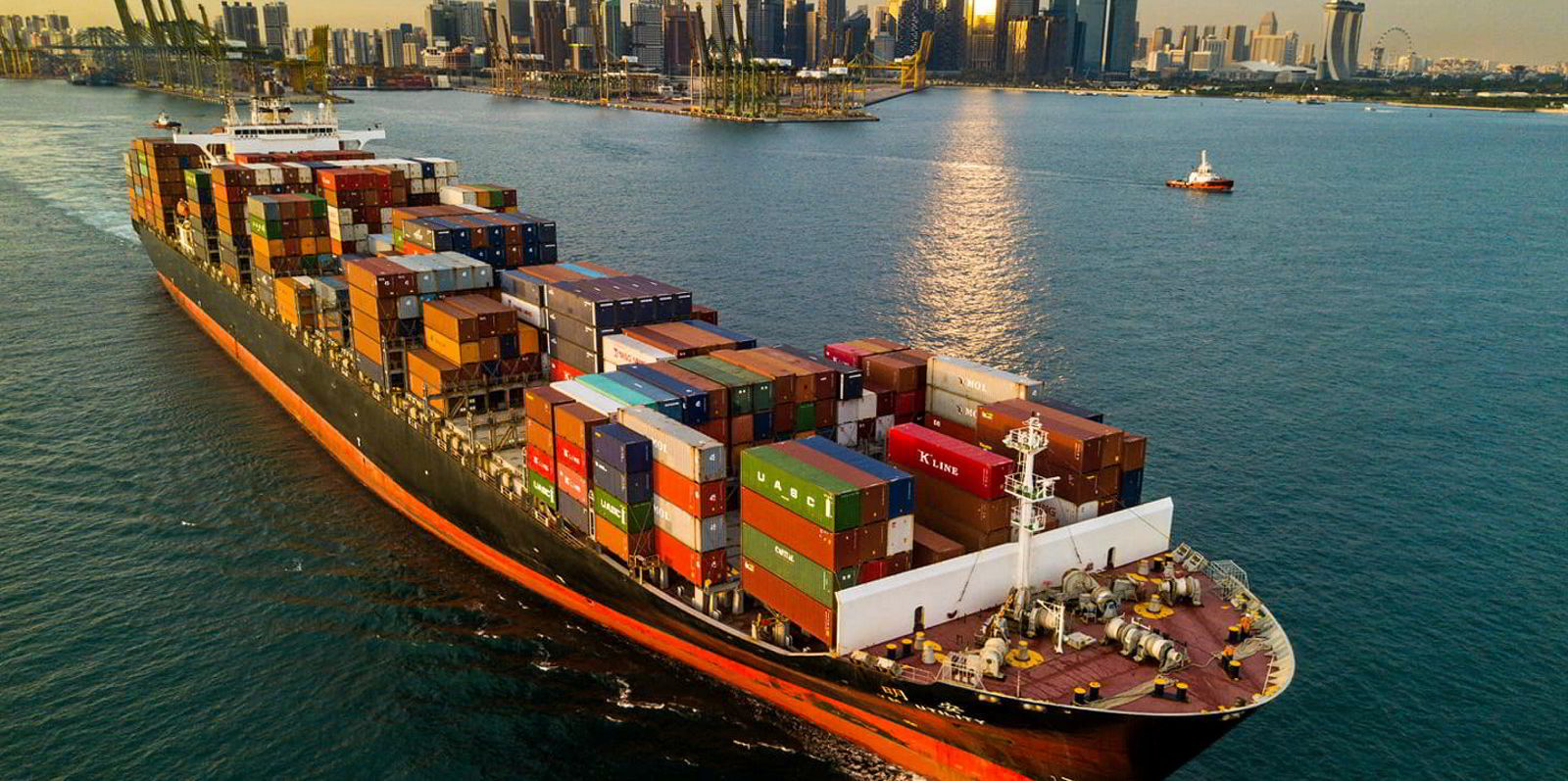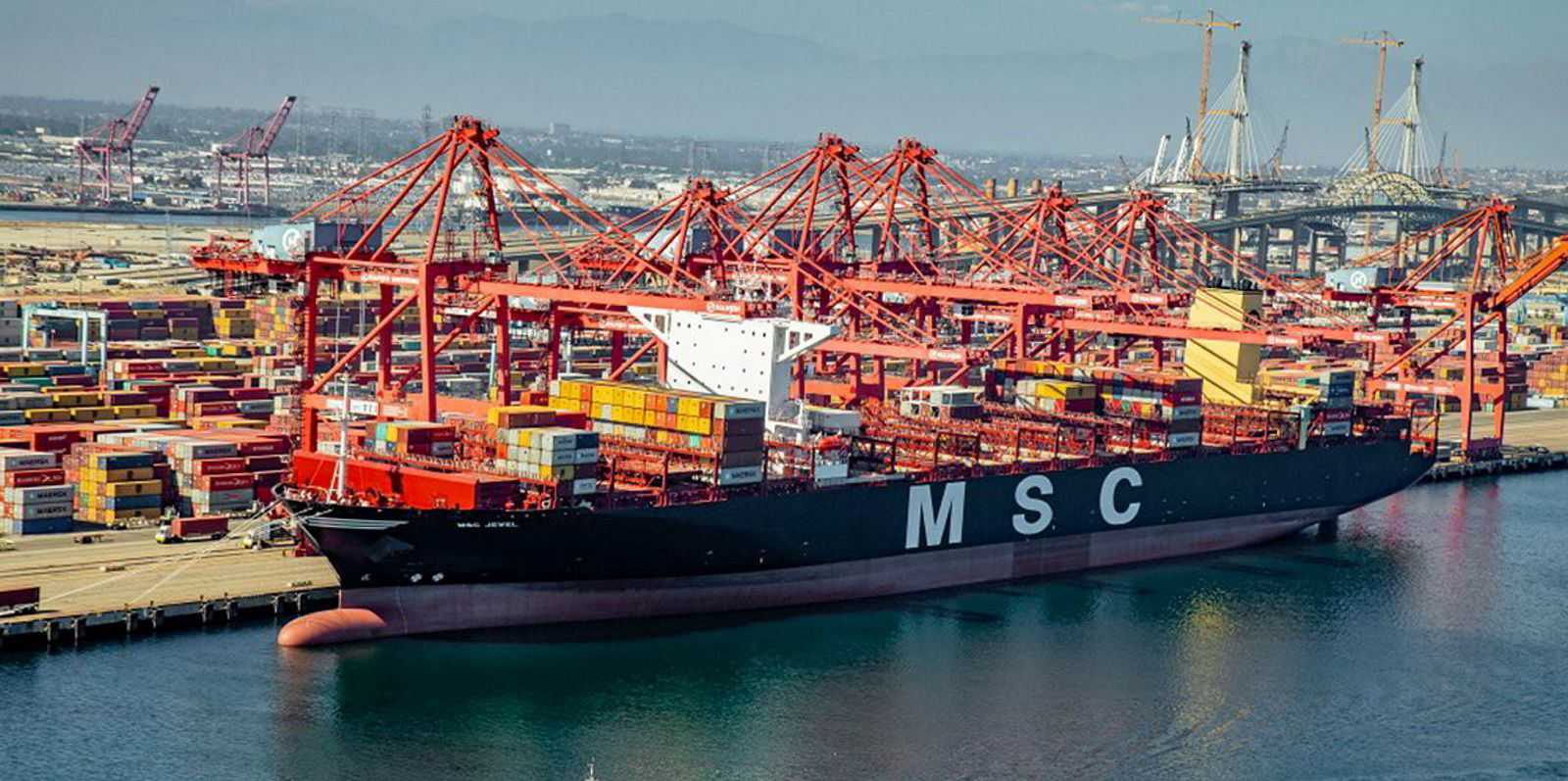A two-year probe by US competition authorities has largely exonerated liner operators of collusion while recommending “mutually enforceable contracts” as the way forward.
The 65-page report issued by the Federal Maritime Commission (FMC) found the Transpacific trade is “not concentrated” and the Transatlantic trade is “only minimally concentrated”.
It describes competition among ocean carriers, among the three major alliances, and among the members in each of these alliances, as “vigorous”.
However, the competition watchdog believes it lacks the regulatory tools to deal with new charges imposed on US shippers.
The most productive path forward for shippers and ocean carriers would be to enter into “mutually enforceable and binding service contracts — true ‘meeting of the minds’ — that are enforceable commercial documents”, the regulator said.
Contracts currently negotiated by US shippers “lack this mutually of understanding and obligation and are not enforceable”, the FMC said.
“Without enforceable contracts, shippers are unable to protect themselves from volatile shipping rates and ocean carriers have few forecasting tools to provide the shipping capacity necessary to serve their customers,” it concludes.
FMC: job done
The recommendations stem from a fact finding mission launched April 2020 headed by FMC Commissioner Rebecca Dye.
The investigation had focused on recurring pandemic-related concerns of high shipping costs and excessive demurrage and detention charges.
The investigation also looked into supply chain bottlenecks due to unresolved operational problems, including disruption caused by “blank sailings”.
Spot prices had been “disturbingly high by historical measures”, but were the product of market forces of supply and demand.
Prices had been exacerbated by the pandemic, an unexpected and unprecedented surge in consumer spending, and supply chain congestion.
“The historically high freight rates experienced recently by US exporters and importers have been devastating to many, but I want to emphasise that the Commission has done its job during the Covid-19 pandemic to enforce our competition authority,” Dye said.
“Our markets are competitive and the high ocean freight rates have been determined by unprecedented consumer demand, primarily in the United States, that overwhelmed the supply of vessel capacity. Congestion further constrained available capacity.”
The report, entitled “The Effects of COVID-19 on the US International Ocean Transportation Supply Chain”, concludes that ocean services remain “highly contestable”, particularly in the Transpacific trade.






